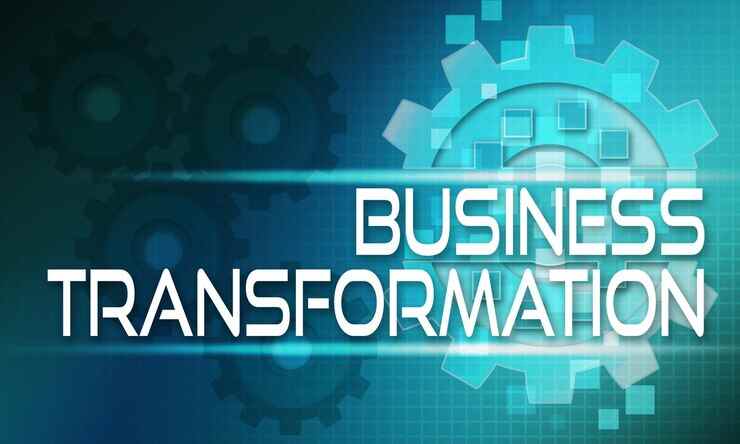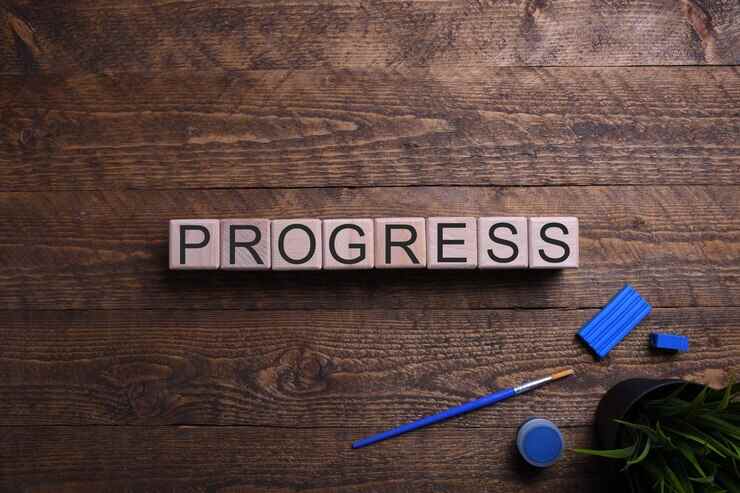Here we take look at some of the key challenges facing business today.
In this feature I reference a report published by McKinsey & Company entitled “The State of Organizations 2023”
Purpose
I’m encouraging you to think about which of the shifts going on in the world will impact your business now and or into the future and decide what to act one.
Introduction
Business owners and leaders have had much to contend with of late in a highly volatile and uncertain environment, contending with the pandemic and then the ensuing economic downturn, rising inflation and political disruption and its knock-on effects. “Less obviously—but no less importantly—business leaders are having to address a range of organizational shifts that have significant implications for structures, processes, and people. These shifts are both challenging and harbingers of opportunity, depending on how organizations address them.”
So, what are the right responses to these shifts? How can leaders and their teams change? Where do they start?
McKinsey conducted a survey of over 2,500 business leaders to discover more and help inform the appropriate responses to the changes. “Only half say their organizations are well prepared to anticipate and react to external shocks, and two-thirds see their organizations as overly complex and inefficient.”
The State of Organizations 2023 report pinpoints the most important people, procedural, and structural shifts that organizations are grappling with and seeks to provide some ideas and suggestions about how to approach them. As an SME business owner or partner we can learn from the larger organisations on which this research is based. We can also be nimbler and find new ways to address challenges that perhaps larger corporations cannot!
Ten shifts that are transforming organisations

From the State of Organizations 2023 report:
Through the State of the Organizations Survey, conversations with CEOs and their teams, and the findings of recent McKinsey research, we have identified ten of the most important organizational shifts that businesses are grappling with today.
1) Increasing speed, strengthening resilience:
Volatility is a feature, not a bug, in today’s organizations, yet half the respondents in the State of Organizations Survey say their organization is unprepared to react to future shocks. Those able to bounce forward—and quickly—out of serial crises may gain significant advantages over others. To be able to do so requires organizing for speed of response, giving power to your people, and developing a culture of continuous learning.
2) ‘True hybrid’: The new balance of in-person and remote work:
Since the pandemic, about 90 percent of organizations have embraced a range of hybrid work models that allow employees to work remotely from off-site locations (including home) for some or much of the time. What’s important is that organizations provide structure and support around the activities best done
in person or remotely. By remaining open to the entire universe of options for how, when, and where employees work, including with a reset of performance expectations, “true hybrid” organizations can distinguish themselves as destination workplaces.
>4 of 5 employees who have worked in hybrid models over the past 2 years want to retain them.

3) Making way for applied AI:
AI doesn’t just have the potential to supercharge a company’s operations; it can also be used to
build better organizations. Companies are already using AI to create sustainable, long-term talent pipelines; drastically improve ways of working; and make faster, data-driven structural changes to their organizations. As organizations embrace the opportunities offered by AI, they need to focus on embedding its use in corporate culture, hiring, and developing AI-savvy leaders, and being thoughtful about AI-related risks and ethical concerns.
4) New rules of attraction, retention, and attrition:
People are revising their attitudes both toward work and at work. Employees who quit (or who are “quiet quitting”) say it isn’t just money, work–life balance, professional development, or purpose that will bring them back to work in 2023: it’s a combination of all those things. In Europe, for example, 35 percent of people leaving jobs cite unsustainable performance expectations. Organizations can respond by tailoring employee value propositions to individualized preferences in ways that can help close the gap between what today’s workers want and what companies need.
5) Closing the capability chasm:
Companies across sectors often announce technological or digital elements in their strategies without necessarily having the right capabilities in place to integrate them. To achieve a competitive advantage, organizations need to build institutional capabilities—that is an integrated set of people, processes, and technology that creates value by enabling an organization to do something consistently better than its competitors do. That means plugging gaps in their core activities, which are often the result of insufficient resources or inconsistent commitment.
Only 5% of respondents say their organizations already have the capabilities that they need.

6) Walking the talent tightrope:
Business leaders have long walked a talent tightrope—carefully balancing budgets while retaining key people.
In today’s uncertain economic climate, organizations need to focus more on finding ways to match top talent to the highest-value roles. The idea isn’t new, but it’s the right one in this era of hybrid work models, increased employee mobility, and skill shortages. McKinsey research shows that, in many organizations, between 20 and 30 percent of critical roles aren’t filled by the most appropriate people.
The highest performers in a role are 800% more productive than average performers in the same role.
7) Leadership that is self-aware and inspiring:
Leaders these days are necessarily focused on short-term responses to crises, but they also need to think longer term and cultivate fit-for- purpose behaviours. They need to be able to lead themselves, they need to be able to lead a team of peers in the C-suite, and they need to have the leadership skills and mindset required to lead at scale, coordinating and inspiring networks of teams. That requires leaders to build a keen awareness both of themselves and of the operating environment around them.
Only 25% of respondents say their organizations’ leaders are engaged, are passionate, and inspire employees to the best-possible extent.
Join the NoLimits Business Community
Are you a business owner looking to take your business to the next level? Join our innovative community of like-minded professionals and gain access to a wealth of valuable resources, including a community portal to chat with other business owners, ebooks, business development software, and growth events that will transform the way you do business. Best of all, these resources are completely free and will be available to you forever.
But the benefits of joining our NoLimits business community don’t stop there. By becoming part of our community, you’ll have the opportunity to connect with other business owners, share insights and ideas, and build valuable relationships that will help your business thrive. Don’t miss out on this amazing opportunity to supercharge your business and join us today!
8) Making meaningful progress on diversity, equity, and inclusion:
Many organizations are focusing on diversity, equity, and inclusion (DEI), but in many cases, the initiatives aren’t translating into meaningful progress. What’s often missing is a clear link between DEI strategy and the business strategy. One path forward is for leaders to be more systematic early on, considering the objectives and desired level of impact from their programs. To realize DEI aspirations, leaders will need to identify opportunities for making progress within their organizations, as well as for improving their external communities and society.

9) Mental health: Investing in a portfolio of interventions:
Nine of ten organizations around the world offer some form of well-being program. But global health and well-being scores remain poor, despite well-intended interventions. Research highlights the link between reports of poor mental health and well- being and organizational issues, including attrition, absenteeism, lower engagement, and decreased productivity. In 2023, organizations need to refocus their efforts on addressing the root causes of mental-health and well- being challenges in a systematic way; one-off and incremental fixes won’t be enough.
Employees facing mental-health and well- being challenges are 4× more likely than others to want to leave their organizations.
10) Efficiency reloaded:
In today’s uncertain business climate, companies are refocusing attention on efficiency measures—more than one-third of respondents in our survey list efficiency as a top three organizational priority. Boosting efficiency is about more than managing immediate crises or getting the same work done with fewer resources. Deploying resources more effectively to where they matter the most promises substantial benefits, including improved organizational health, higher shareholder returns, and better and faster decisions. Being efficient often means placing more trust in your organization and empowering employees.
Conclusion
Tackling any one of these ten shifts can be a complex undertaking. All ten together and it’s no wonder some leaders and overwhelmed! I shared them all here to prompt your awareness and thinking. I suggest your first step if to reflect on where your business is right now and where it is heading. Then you can develop a clear perspective your areas of focus.
In my next article ‘Ten Significant shifts facing business today – Part II’ I will be looking at each of these ten areas and giving you some questions to ask and actions to consider for your business.
By James Gentle
Join the NoLimits Business Community
Are you a business owner looking to take your business to the next level? Join our innovative community of like-minded professionals and gain access to a wealth of valuable resources, including a community portal to chat with other business owners, ebooks, business development software, and growth events that will transform the way you do business. Best of all, these resources are completely free and will be available to you forever.
But the benefits of joining our NoLimits business community don’t stop there. By becoming part of our community, you’ll have the opportunity to connect with other business owners, share insights and ideas, and build valuable relationships that will help your business thrive. Don’t miss out on this amazing opportunity to supercharge your business and join us today!

